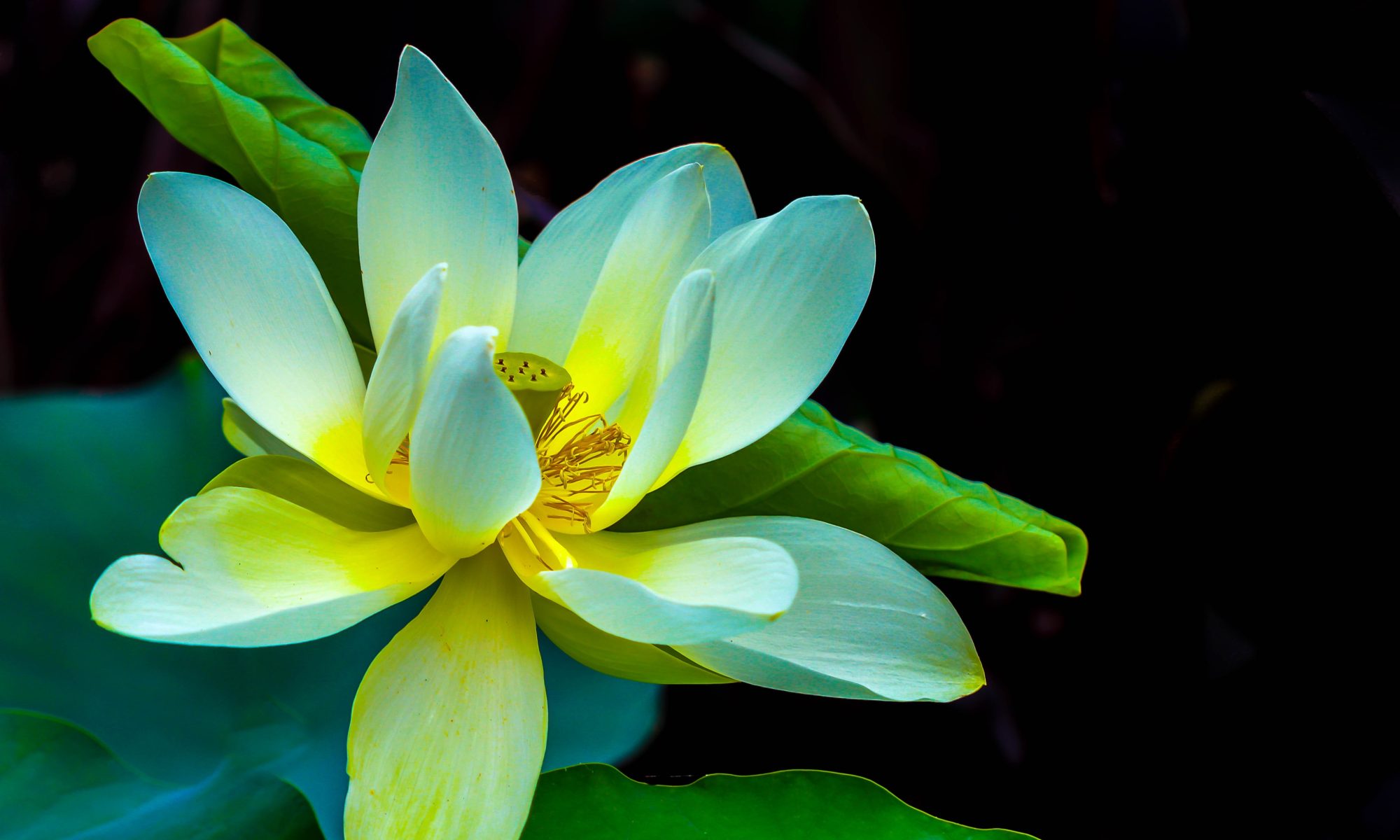Dear Kalyanamittas,
Enclosed below are the audio and short notes links for our May 28 2019 Tuesday class for sharing by all.
|
|
Complete audio of the talk can be downloaded : https://broteoh.com/wp-content/uploads/Teoh-Thu-190528.mp3 Whiteboard Note : https://broteoh.com/wp-content/up…
youtu.be
|
Short notes link: https://broteoh.com/wp-content/uploads/Short-Notes-Teoh-Tue-190528.pdf
With metta always,
Teoh
From: Teoh Kian Koon <teohkiankoon@hotmail.com>
Dear Sister Yoon Chun and all,
Enclose below are the above edited outline short notes for sharing by all.
Brother Teoh’s May 28 2019 Tuesday Class Short Notes
UNDERSTANDING DEATH & DYING
- Question by Sis Quinni: How to deal with Death? And is there any significant in keeping the ashes of the deceased?
- Response by Bro Teoh: This borders on Filial Piety. We should be filial by spend more time with our parents when they are alive. Express yourappreciation and gratitude towards them for they have given you this life,raise you, care, sacrifice and provide for you and make them happy and feel loved especially in the later part of their lives. Spend time with them and care for them when they are old and sick. When they depart, we do not need to hold an elaborate funeral. Make sure that it is conducted harmoniously and peacefully with understanding. No hot disputes with siblings as to what form of ceremony to hold. Decide base on consensusof the majority if there are differing opinions to resolve them amicably.Avoid unnecessary misunderstanding and conflict. If we feel like offering foods that they enjoy, go ahead, although it doesn’t serve a dhamma purpose. Also, there is no need to grieve and wail, as no amount of sorrow and lamentation will bring back the dead. Just offer our gratitudeand express our kindness towards our parents and accept their death as a first noble truth reality. We can instead do things following the dhamma way like making donations and offerings in their names then share and transfer merits to them, etc. which are more meaningful and tangible. Avoid unnecessary rites and rituals.
- At death, the Consciousness separates from the physical Form. The physical body, consisting of the 4 elements, will disintegrate and go the way of nature, whilst the remnant of consciousness will leaves the body. These remnant of their consciousness are likely to stay at the wake and funeral for some time. They are without a visible physical form but still have their senses like hearing and seeing. They can speak but can’t be heard by ordinary people. So, avoid bad-mouthing the dead. Will anger them. They understand all languages. However, they can’t really harm us because they don’t have a physical body. So, no need to be afraid of them. They exist as consciousness (energy) so do not fear them otherwise they have power to intensify your fear.
- In accordance with the Tirokudda Sutta, the Buddha advised King Bimbisara to offer a meal to his Sangha so that he can transfer merits to his departed relatives. These relatives have been awaiting for these merits to reduce their suffering. The Buddhist practice is to make offering of robe, food and other requisites to sangha members at the wake and transfer merits to the departed ones. One can also invoke the power of merits to help the departed ones to have better birth and better life.
- The dead can be buried or cremated, according to their wish. Their ashes bear not much significance and can be disposed of in a columbarium, temple and forest or thrown into the sea. This is the choice of the family. There is no need to burn huge paper houses, hell money, cars, servants, etc. It only enriches the sellers of such articles and have no benefit to the dead. One should also avoid mediums who go into trance and perform rituals. They are unenlightened and deluded beings like many of us. Upon death, form and mind separates and cease to be so no more so and so.
- Sis PG shared her experience at her mum’s death. She had to clean her mum’s body to wear clean clothes but couldn’t bend her stiffened arms. By imploring her mum to soften her body, she managed to finish her duty. So the departed can hear and respond.
(About draft short notes prepared by Sister Yoon Chun)










